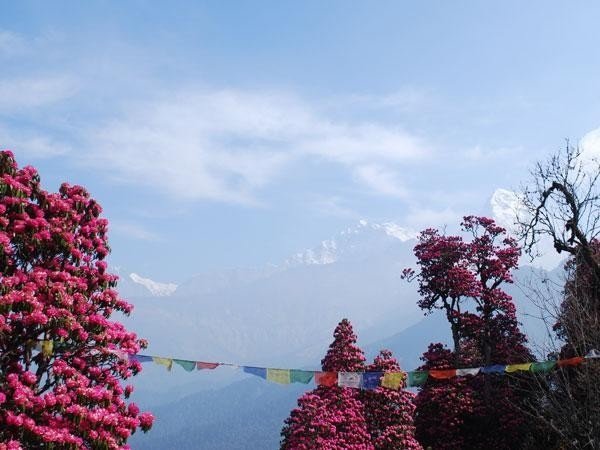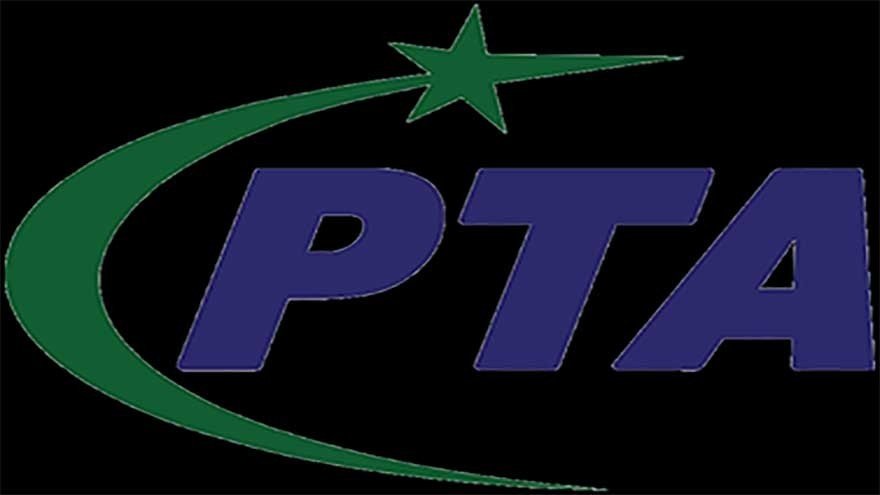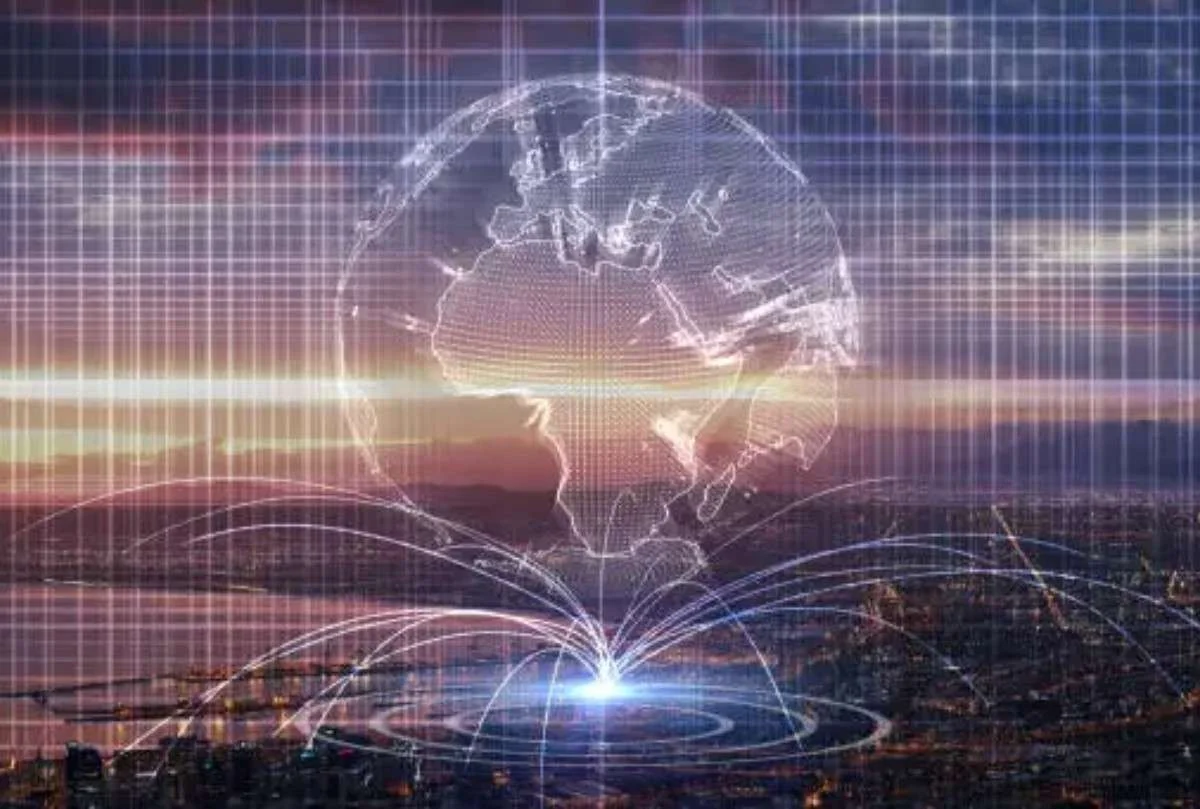Nepal has lifted a controversial ban on major social media platforms following nationwide protests that turned violent, leaving at least 19 people dead and more than 100 injured. The ban, imposed after companies failed to comply with a new mandatory registration law, had sparked widespread anger among citizens and civil society groups.
The government had restricted access to Facebook, Instagram, YouTube, WhatsApp, X, LinkedIn, Reddit, and several other platforms after they did not meet requirements to register locally, appoint grievance handlers, and ensure self-regulation. Platforms such as TikTok and Viber, which complied, remained available.
The restrictions followed a government directive aimed at curbing online hate, misinformation, and cybercrime. However, critics, including the Federation of Nepali Journalists, the National Human Rights Commission, opposition parties, and international watchdogs, condemned the move as a tool for censorship.
The timing also drew sharp criticism, as the ban coincided with Nepal’s festive season, disrupting small businesses heavily reliant on social media for sales. Telecom operators, who said up to half their internet traffic comes from social media, also warned of significant revenue losses.
The protests gained momentum after the ban coincided with the rise of a “nepo kid” campaign online, which highlighted allegations of corruption and the extravagant lifestyles of politicians’ children.
With mounting public pressure, the government has suspended the ban, easing tensions for now. Some platforms, including X and local app Hamro Patro, have since moved to register, and reports suggest Meta has initiated dialogue with Nepali authorities. For now, social media access is restored, but the future of the regulation remains uncertain.















